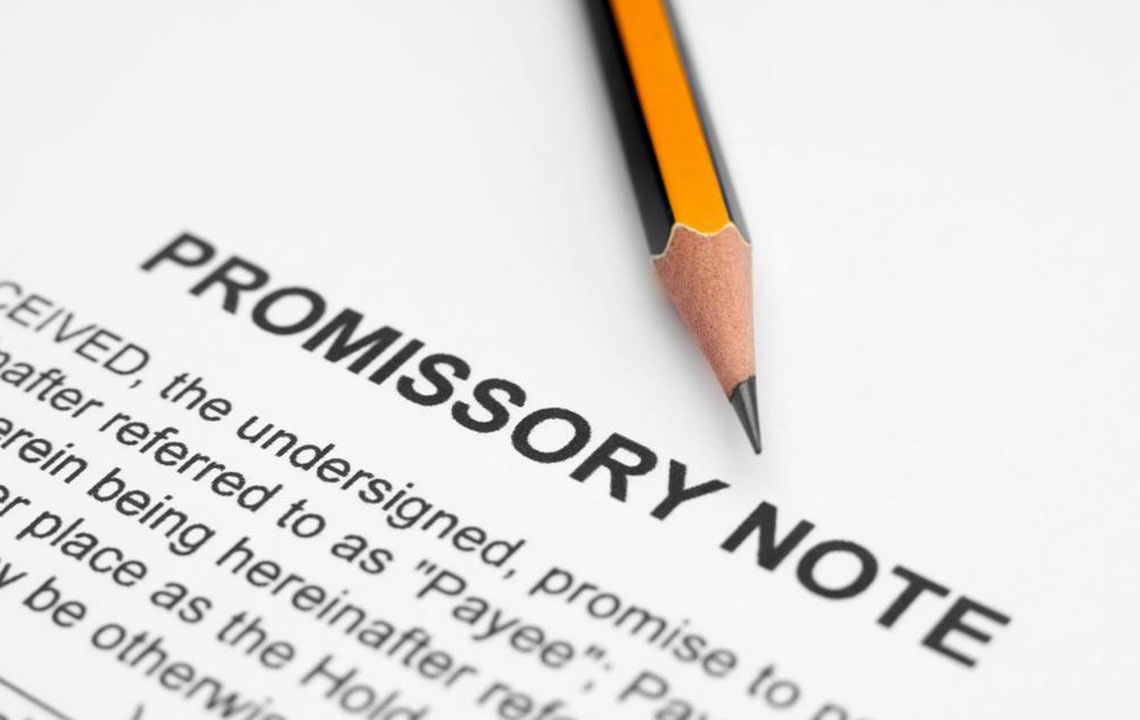Essential Guide for Novice Property Owners
This comprehensive guide offers essential tips for new property owners exploring DIY rental management. It covers legal procedures, property selection, tenant screening, and best practices for a successful rental experience, ensuring landlords are well-prepared to handle their properties responsibly and attract quality tenants.
Essential Tips for New Property Owners
Thinking about turning your old house into a rental or earning income while you're away? Listing your property as "owner-run" rental on real estate platforms helps you avoid broker fees, but patience is key. Here are vital tips for newcomers managing rentals independently.
Be Patient
Understanding "for rent by owner" (FRBO) means listing without a broker or agent. The process can take time, and market conditions affect rental speed. Once rented, it provides a consistent income stream.

Know What It Entails
Many search for "homes for rent by owner" online to connect directly with landlords. Active management, responsiveness, and diligence are necessary. Being a landlord involves paying taxes, maintaining your property, and addressing tenant concerns for smooth operations.
This means treating your rental as a business, ensuring safety, utilities, security, and health standards. Also, prepare for unforeseen expenses like maintenance and vacancies that may impact your finances.
Organize Legal Documentation
Prepare professional legal forms before listing your property. You can find pre-made lease agreements at office stores or hire a real estate lawyer for customized documents like eviction notices, application forms, and lease agreements, ensuring compliance with local laws.
Choose an Attractive Property
To attract desirable tenants, invest in maintaining or selecting appealing properties. Ideal rentals are in safe neighborhoods with amenities, accessibility via public transport, parking, and a good appreciation history. A favorable rent-to-price ratio is essential.
Understand Rental Regulations
Familiarize yourself with tenant and landlord rights, security deposit laws, licensing, and inspection requirements. Accurate knowledge prevents legal issues. Consulting an attorney can streamline this process and ensure your lease complies with state laws.
Set Up Payment Methods
Opt for digital rent collection methods for efficiency and security. Avoid cash or checks due to risks like bounced payments or lack of proper records. Electronic payments make tracking more straightforward.
Advertise Online
Many tenants search for rentals online. List your property on trusted sites under "homes for rent by owner" categories, including platforms like Trulia. Include details like rent amount, amenities, photos, location highlights, and utilities to attract interest and help tenants envision living there.
Screen Potential Tenants
Thorough background checks, credit score reviews, and references are vital to identify reliable tenants. Avoid skipping these steps, as responsible tenants are key to maintaining a peaceful rental environment.
By following these guidelines, first-time landlords can confidently manage their rental properties, attract quality tenants, and ensure smooth operations.









